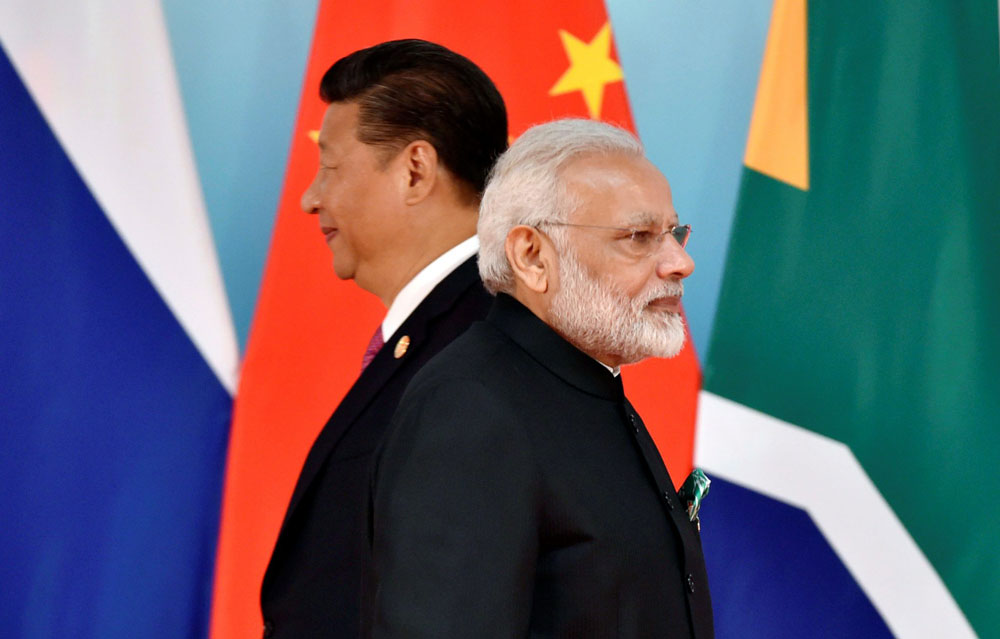India has officially decided not to join the Regional Comprehensive Economic Partnership (RCEP), a major trade agreement involving 15 Asia-Pacific countries. This decision, reiterated by India’s Commerce and Industry Minister Piyush Goyal, highlights India’s apprehension about engaging in a free trade agreement with China due to what it calls “very opaque” trade practices.
Key Reasons for India’s Decision
Goyal emphasized that joining the RCEP would not benefit India’s farmers or small and medium enterprises. He stated that the agreement largely functioned as a free trade deal with China, which does not align with India’s economic interests or the original principles of ASEAN.
Concerns Over Transparency
India has expressed concerns about competing with China’s non-transparent and opaque economic practices. Goyal accused China of leveraging World Trade Organization policies to flood global markets with cheap goods, often lacking in quality, ranging from solar panels to steel.
India’s Semiconductor Ambitions
Amidst these trade tensions, India is positioning itself as a key player in the semiconductor industry. The government aims to become a “Taiwan Plus One” destination, attracting companies looking to diversify their supply chain. India has already begun developing its semiconductor ecosystem, with plans to expand significantly by 2030.









